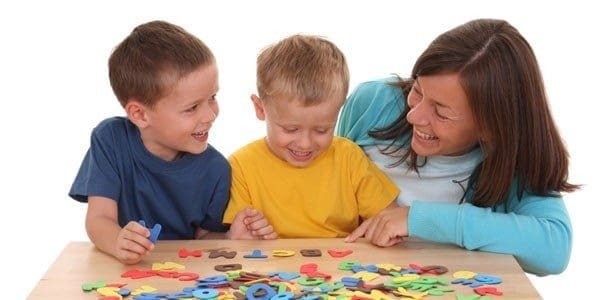From what age do we really remember ourselves?

Most people cannot remember the events that happened in their childhood or they remember them but with great effort.
It turns out that this is absolutely normal. Very recently, scientists managed to discover the biological mechanisms of this forgetting, which in scientific circles is called “childhood amnesia”.
Although children use their memory to acquire new information, very few adults can remember events in their lives that happened before they were 3 years old.
Psychologists from Emory University, USA, were able to prove that at the age of 7 these early memories are “erased” from memory. This phenomenon is called “childhood amnesia”.
Memory magazine published a study in which scientists began interviewing children at the age of 3 about past events in their lives.
Different subgroups of this group of children were tested on their ability to reproduce these memories when they were 5, 6, 7, 8 and 9 years old.
Patricia Bauer, a psychologist who led the study, points out that this is the first experimental demonstration of the onset of childhood amnesia.
The team of scientists led by Bauer recorded the children’s memories and then conducted tests for their presence to determine when they would be forgotten.
The study focused on studying how autobiographical memory changes during childhood and adolescence. Bauer notes that the study of how autobiographical memory develops is extremely important for understanding the essence of man and his psyche.
Scientists have long known, based on surveys of adults, that the earliest memories are from around age 3.
Sigmund Freud coined the term ‘infant amnesia’ to describe this loss of childhood memories.
However, in recent years, data from scientific research shows that although children use the memory abilities to learn their mother tongue and study the world around them, they still do not have a fully developed structure of nervous tissues, which is necessary to form more complex forms of memory.
Instead of interviewing adults, as had been done in previous studies of childhood amnesia, researchers at Emory University wanted to study the formation of early autobiographical memory, and also find out at what age all this is forgotten.
The researchers asked parents to talk to their children as they normally would. After recording these baseline memories, the researchers spoke with the children several years later and asked them what they remembered about the events they discussed with their parents when they were 3 years old.
When the children were between 5 and 7 years old they were able to remember between 63 and 72% of these events. And when they were 8 and 9 years old respectively, they remembered only 35% of this, which happened before the 3rd year of their life.
One of the most unexpected results was that although the 5- and 6-year-olds remembered most of the events from before their 3rd year, their memories were not as detailed. And the older children remembered less of the things from their earliest years, but in much more detail.
The team of scientists, led by Patricia Bauer, intends to carefully study the age at which a person acquires the memory abilities of an adult. This is thought to occur between year 9 and before entering high school.



